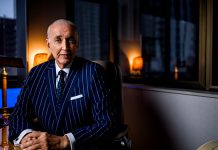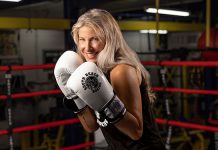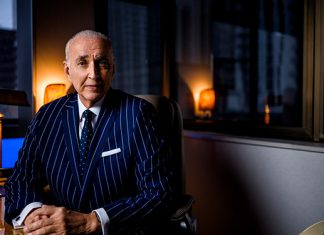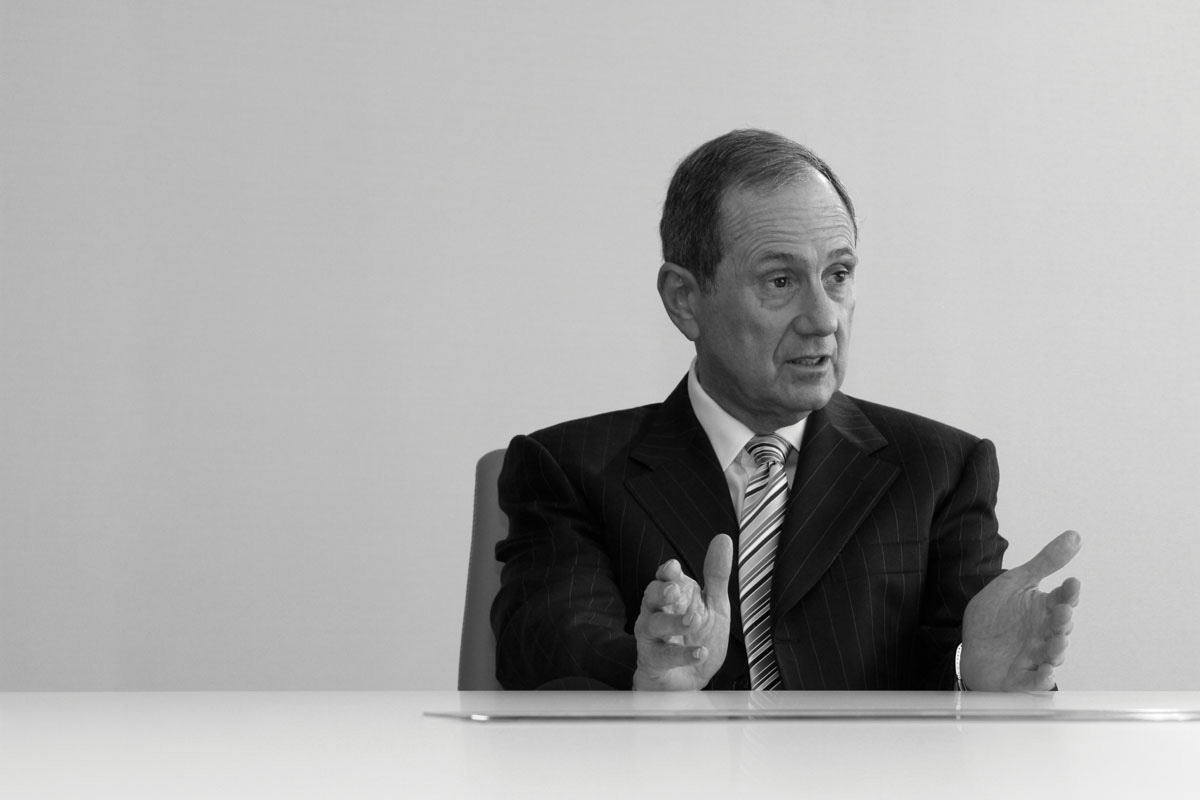 It’s 4 a.m. and Brian Bilzin is up. But he’s not working. He’s relaxing for a few hours before his day officially begins. It’s the only time he can actually be alone. Reading, surfing the web, watching movies. “I tend to lean toward very deep dramas when I have time to watch a film or sitcom — it reminds me of my clients and partners,” he jokes. Much like his signature sense of humor, Bilzin’s feats are a product of timing, smart decisions and luck. After all, this is the man who was voted “Most Witty” by his peers in high school.
It’s 4 a.m. and Brian Bilzin is up. But he’s not working. He’s relaxing for a few hours before his day officially begins. It’s the only time he can actually be alone. Reading, surfing the web, watching movies. “I tend to lean toward very deep dramas when I have time to watch a film or sitcom — it reminds me of my clients and partners,” he jokes. Much like his signature sense of humor, Bilzin’s feats are a product of timing, smart decisions and luck. After all, this is the man who was voted “Most Witty” by his peers in high school.
Born in New York City, his mom was a housewife, and his dad a hardworking owner of glove concessions throughout Manhattan. Bilzin grew up in Levitton, a hamlet in the Town of Hempstead on Long Island. Although he says he has little to no recollection of living in the City “so many years ago,” his professional and personal strides seem like manifestations of what he learned from his parents as a boy. “My father always said to me, ‘When you take money from someone for a service you offer, you’ve got to do the very, very best job that you can, otherwise it’s a crime’,” he shares.
His motivation to pursue law began during his time in college at the University of Michigan. It was there where he would discover his desire to go into a profession that would allow him to deal with people on a daily basis — although he’d never be able to predict the process of elimination he’d follow toward law. “I couldn’t be a psychiatrist, because I have no interest in science, and I knew I couldn’t go to med school, because blood doesn’t do well with me,” he says. “After realizing my parents weren’t going to support me after graduation, I decided law school would be a good option.”
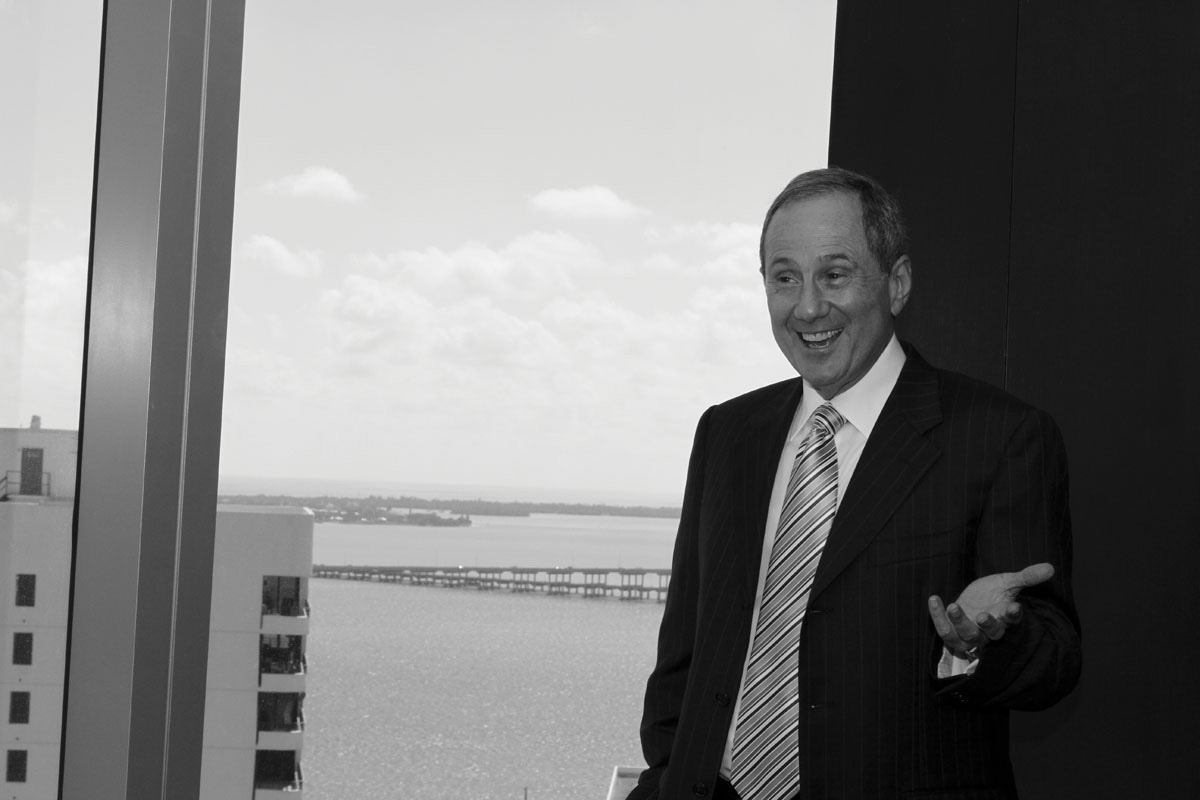 After a series of exams and applications, he eventually settled on Boston University, where he joined the Boston University Law Review during his first year, meeting his wife, Marsha, soon after. “During the time right before graduation when we were both out job hunting, Marsha came home one day from a job interview in New York City, and said, ‘I interviewed at a firm today with many men running around in a state of frenzy all day. I would never consider it, but I think it would be perfect for you’,” he laughs.
After a series of exams and applications, he eventually settled on Boston University, where he joined the Boston University Law Review during his first year, meeting his wife, Marsha, soon after. “During the time right before graduation when we were both out job hunting, Marsha came home one day from a job interview in New York City, and said, ‘I interviewed at a firm today with many men running around in a state of frenzy all day. I would never consider it, but I think it would be perfect for you’,” he laughs.
After interviewing at the firm (then RubinBaum, since merged with Sonnenschein) he was immediately hired as a tax lawyer…but when he arrived on his first day, they told him the job was already taken. “They hired someone else to do tax, and assigned me litigation,” he recalls. “At the time, I couldn’t imagine I wanted to spend the rest of my life as a litigator, but I had the offer on the table, and the only thing I wanted to do less than litigation was to be unemployed. So I took the job.”
For the next 8 years, Bilzin ate, slept and breathed litigation, mostly in NYC. Then one fateful day, he was summoned by the senior partner of the law firm to Miami to handle zoning litigation for South Florida developer and hotelier, Steven Muss, of Fontainebleau fame. “The reason I was called down was because my partner at the firm handling the case was in Europe,” he recalls. “I remember stepping off the plane in Miami on the Fourth of July in 1974 and thinking how people could possibly live with so much heat and humidity I couldn’t wait to get back to New York.”
After years of working together, Bilzin and Muss became very close. In 1978, the client made the counsel an offer he couldn’t refuse, and Bilzin accepted a job at the Miami Beach Redevelopment Agency, where Muss served as Chairman. “I still remained based in NYC, but traveled back and forth,” he says. “Back then airlines were much more glamorous, and I enjoyed dressing up to go on the plane. At first, I was so afraid of flying I would smoke and enjoy cocktails from the moment we took off until the second we landed. Luckily, I’ve since grown accustomed to being up in the air.”
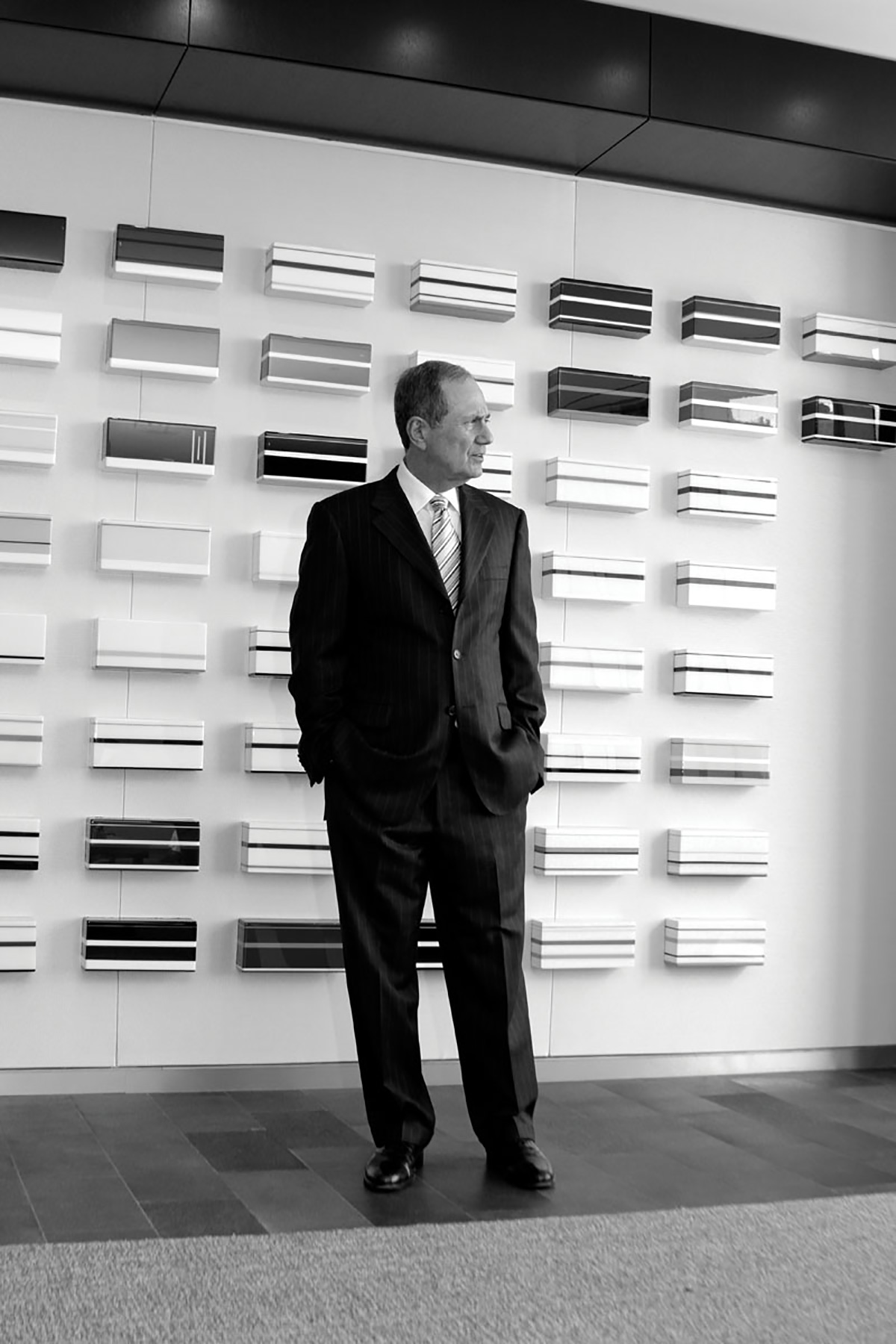 Eventually, Muss asked Bilzin to consider moving to The Magic City full-time. “I said when I’m 70, I’ll be down here just like everyone else,” he says. But Bilzin’s partners thought it was a great idea and they sent him to open a South Florida office. “I definitely experienced culture shock when I arrived to launch the office,” he says. “What struck me most was the fact that young professionals were rubbing elbows with major CEOs and Chairmen of huge boards and firms that sort of thing just didn’t happen in NYC…these guys were supposed to be untouchable. I took full advantage of it and met as many people as I could, as quickly as I could.”
Eventually, Muss asked Bilzin to consider moving to The Magic City full-time. “I said when I’m 70, I’ll be down here just like everyone else,” he says. But Bilzin’s partners thought it was a great idea and they sent him to open a South Florida office. “I definitely experienced culture shock when I arrived to launch the office,” he says. “What struck me most was the fact that young professionals were rubbing elbows with major CEOs and Chairmen of huge boards and firms that sort of thing just didn’t happen in NYC…these guys were supposed to be untouchable. I took full advantage of it and met as many people as I could, as quickly as I could.”
Just before he was fully settled in, Bilzin was invited to go on a young leadership retreat with the Greater Miami Jewish Federation. “I went to Chicago and met John Sumberg, another New York lawyer practicing in Miami,” he says. “When I first met Sumberg, the first thing that stuck out to me was how direct he was. He told me ‘I hear you’ve got a lot of work, but not enough people…well, I’ve got the people, so let’s get together’.”
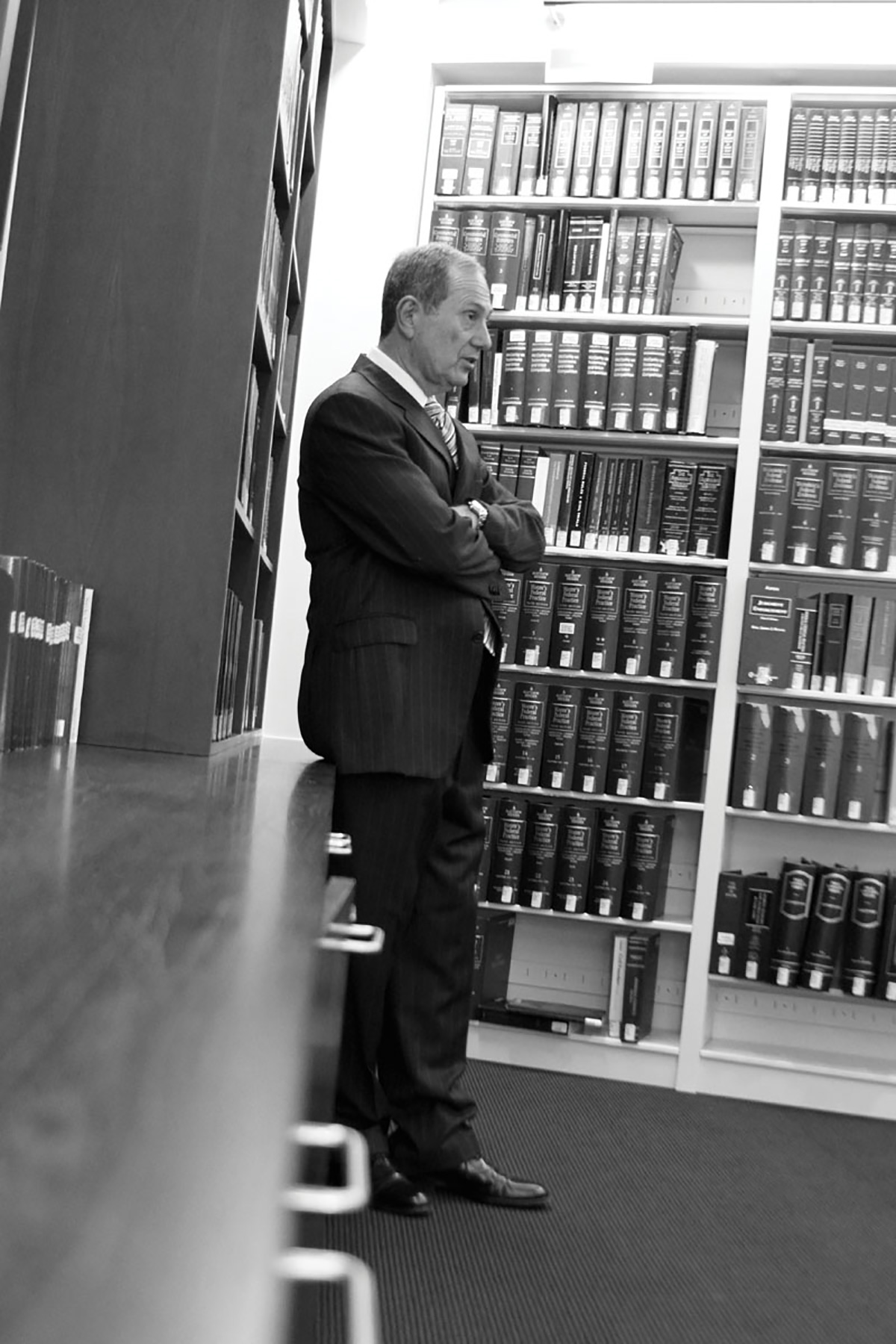 In 1983, just five months after their encounter, Bilzin’s law firm and Sumberg’s firm, which included named partner Alan Axelrod, merged. “At that time, Miami as a city was a ‘mixed bag’, so to speak,” recalls Bilzin. “Much of our nation’s attention focused on Miami with respect to the expanding drug and crime cultures entrenching themselves in the city. On the other hand, Miami was earning a positive reputation as an international city of glamour and excitement: South Beach was coming into its own and generating its own hype. Also, entertainment, through television shows such as Miami Vice, helped to project the appeal and excitement of the area into the mainstream. So, there was a constant need to navigate our clients’ issues within a somewhat polarized framework of reality and perception.”
In 1983, just five months after their encounter, Bilzin’s law firm and Sumberg’s firm, which included named partner Alan Axelrod, merged. “At that time, Miami as a city was a ‘mixed bag’, so to speak,” recalls Bilzin. “Much of our nation’s attention focused on Miami with respect to the expanding drug and crime cultures entrenching themselves in the city. On the other hand, Miami was earning a positive reputation as an international city of glamour and excitement: South Beach was coming into its own and generating its own hype. Also, entertainment, through television shows such as Miami Vice, helped to project the appeal and excitement of the area into the mainstream. So, there was a constant need to navigate our clients’ issues within a somewhat polarized framework of reality and perception.”
The group practiced in the RubinBaum Miami office together until they broke away in 1998 to do their own thing. “It was a cataclysmic event,” admits Bilzin. “A week after the announcement, Stanley Price called and said, ‘I’ve always wanted to be partners with you, but didn’t want to be with a New York law firm, so let’s talk about us joining you’.” Next, the quickly expanding firm was approached by Scott Baena, who ran one of the largest and most respected bankruptcy practices around. “We now had one of the preeminent bankruptcy practices with us, and growth was dramatic during this period,” says Bilzin.
So dramatic in fact, that Bilzin sometimes had a tough time keeping up. “I once went an entire year calling one of my partners by the wrong name,” he admits. “One day he tells me his name is Michael, not Steve, and I just couldn’t believe it. I felt terrible. The worst part is that everybody knew about it — I had been calling him Steve at meetings for a year.”
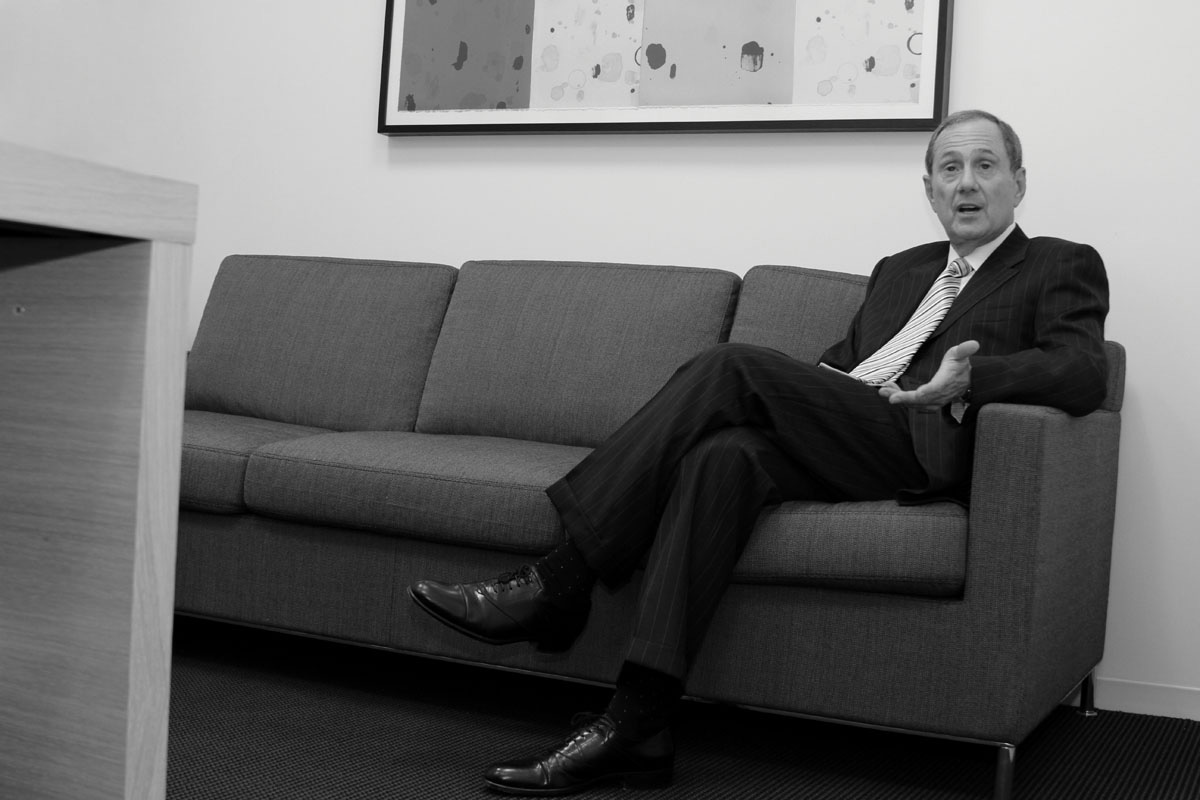 But despite this tiny oversight, the relationship amongst all of the partners has been pretty smooth. “The key to a successful partnership in any business is to make sure that you’re teaming up with people that have your same goals and values,” says Bilzin. “Also, everyone definitely needs to have a sense of humor.”
But despite this tiny oversight, the relationship amongst all of the partners has been pretty smooth. “The key to a successful partnership in any business is to make sure that you’re teaming up with people that have your same goals and values,” says Bilzin. “Also, everyone definitely needs to have a sense of humor.”
Today, Bilzin Sumberg Baena Price & Axelrod has grown into a launching pad for some of the best legal minds in the country, currently housing more than 100 lawyers in multiple floors at their new offices in 1450 Brickell. “The practice of law isn’t easy — every client thinks their situation should take priority, as they should,” Bilzin says. “I always say that I never truly disconnect, but why would I? I love my work. I can honestly say there’s never been a day I’ve been bored with what I do. The more I practice law, the better I become at it. The biggest mistake I’ve seen new lawyers make is arriving at a firm thinking they’ve got it all figured out. They don’t.”
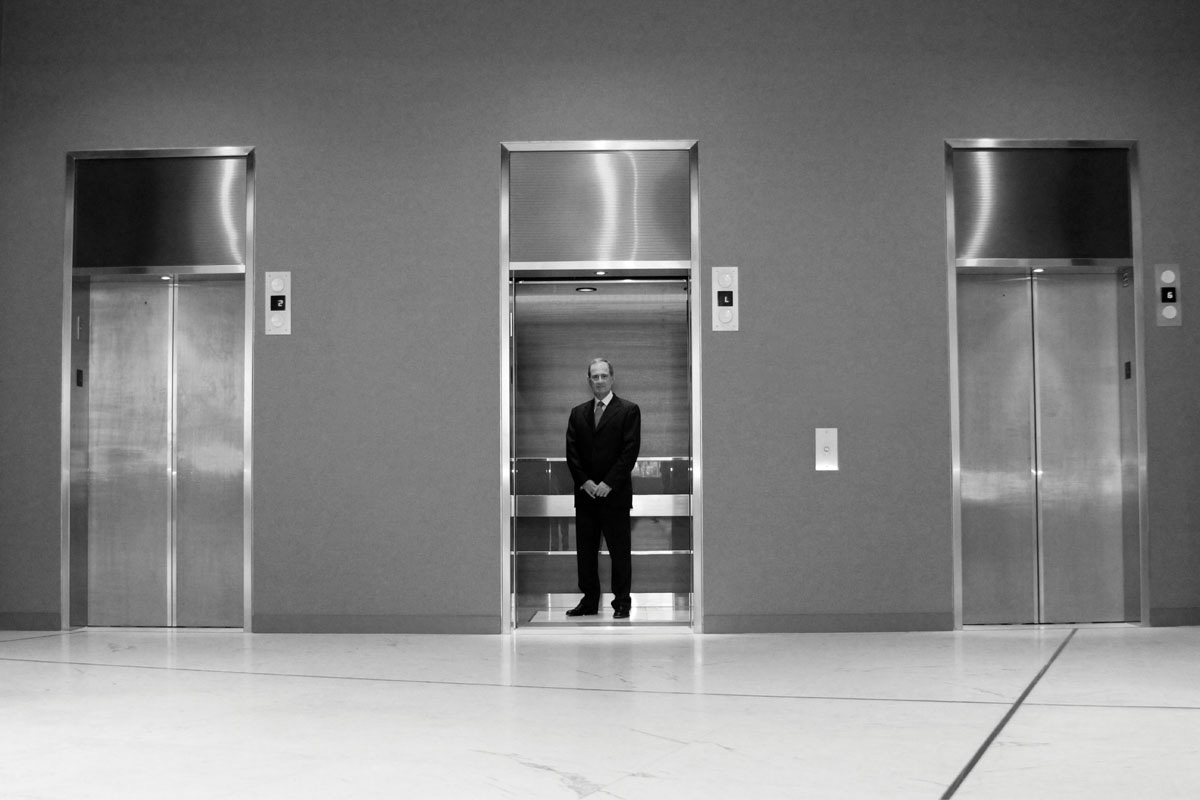 And, he says, he continually advises young professionals in every field never to underestimate or ignore the power of community. “No matter what you do for a living, it’s essential to get out there so people know who you are,” he says. “It’s so important to always show integrity and to genuinely care about your neighborhood, both on a professional level and personally. Never neglect your own backyard — it can make or break you.”
And, he says, he continually advises young professionals in every field never to underestimate or ignore the power of community. “No matter what you do for a living, it’s essential to get out there so people know who you are,” he says. “It’s so important to always show integrity and to genuinely care about your neighborhood, both on a professional level and personally. Never neglect your own backyard — it can make or break you.”






